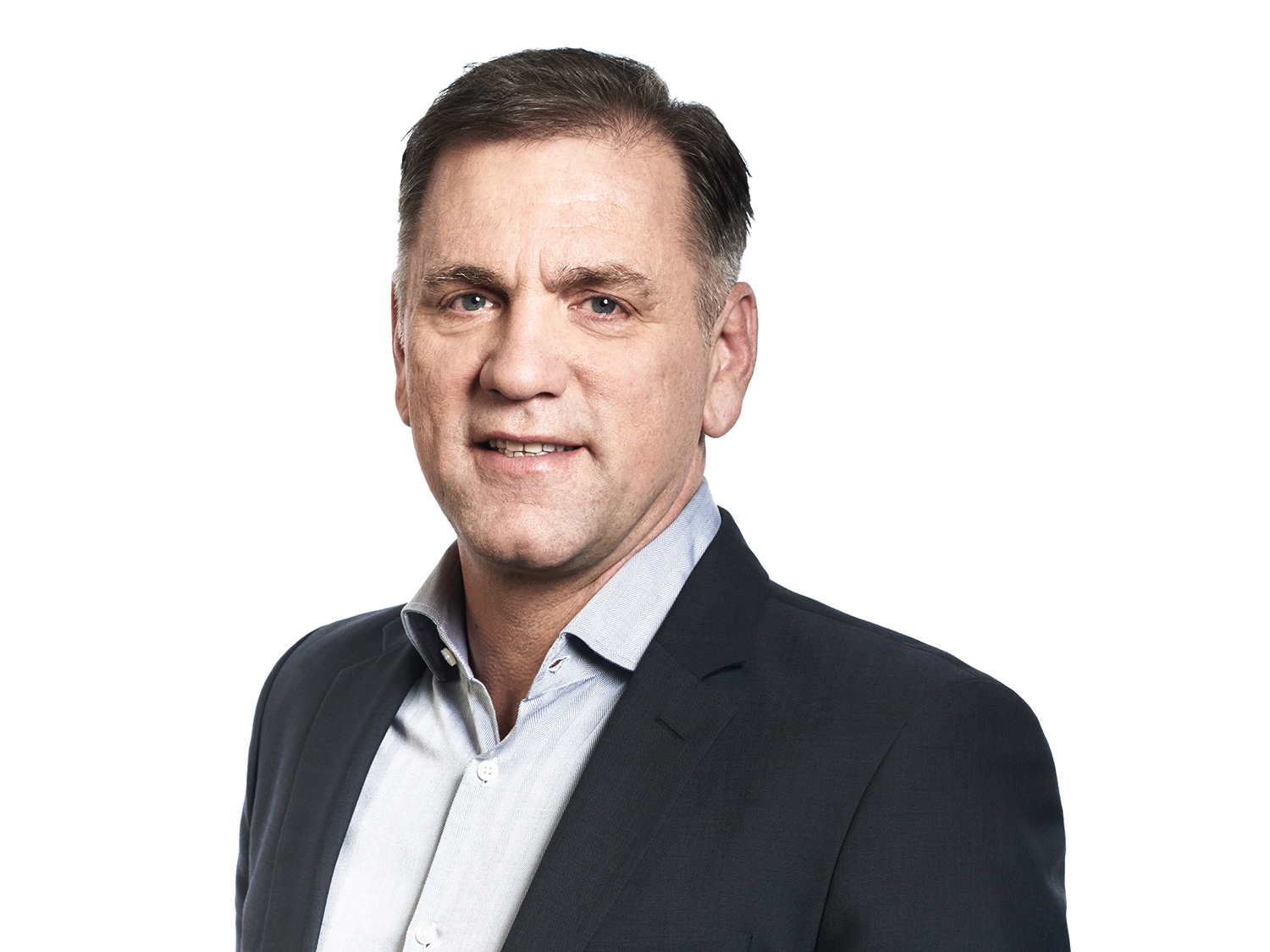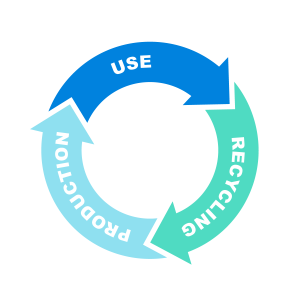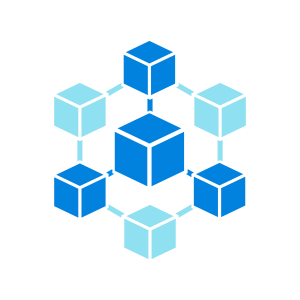
“Transformation takes courage and mindset.”
Tackle and overcome boundaries
As a multi-entrepreneur, I know all aspects of business. My sensors are configured for product innovation as well as business necessity. I place a special focus on culture, which is the foundation of successful and sustainable corporate development.
Entrepreneurship has shaped my life for 30 years. With this experience, I am now developing Walden Holding, which is committed to transforming business from linear to circular.
My philosophy
A company must reconcile economic interests and social well-being. This begins with the culture, which places human-centric leadership at the center. A company must be a home for its employees, respecting and supporting them and ensuring their well-being.
And it continues with business models that generate added value not only for shareholders, but also for the environment and society. If we want to keep all these aspects in view and achieve the goal of the circular economy, we need to create a shift away from a customer-centric focus to a product-centric focus.


Current challenges
Many companies want to become climate neutral. This challenges them on many levels. Not only do they have to drive digitalization, but they also must use new technologies such as AI and blockchain. How to manage all this – and as quickly as possible? Medium-sized companies in particular must seek cooperation across competitive boundaries so that they can meet the standards set out in the Supply Chain Act and other regulations.
My vision
Germany is the country of world market leaders. High-precision products, tailored to the needs of customers, often with exorbitant complexity. Our most valuable resource is our inventive spirit − that is “made in Germany.”
My vision of the future is an economy and consumption behavior that are in balance with nature and society. In it, manufacturers and consumers will have learned to respect and adapt to limits.
Currently, humanity consumes about 75% more than the planet’s ecosystems can regenerate. Circular Economy must help to reduce this overuse.
“We have to learn to live – and do business – within our limits.”
One way to achieve a more sustainable economy is through simpler and more durable products. To achieve this, products need to be screened, analyzed, and diagnosed. That’s why I’m working on the digital product passport. The previous customer-centric perspective must be replaced by a radical sustainability focus – regarding products, business models, and legislation. My credo is: maximum simplification.
More and more is not an option. This does not have to mean sacrificing growth and prosperity. Rather, we will have to redefine what makes people happy. This mindset and behavior change in is perhaps the greatest challenge for all of us in the history of industrialization and capitalism.
We can achieve this by using our most valuable resource – our cleverness, inventiveness and engineering skills.
My vision
Germany is the country of world market leaders. High-precision products, tailored to the needs of customers, often with exorbitant complexity. Our most valuable resource is our inventive spirit − that is “made in Germany.”
My vision of the future is an economy and consumption behavior that are in balance with nature and society. In it, manufacturers and consumers will have learned to respect and adapt to limits.
Currently, humanity consumes about 75% more than the planet’s ecosystems can regenerate. Circular Economy must help to reduce this overuse.
One way to achieve a more sustainable economy is through simpler and more durable products. To achieve this, products need to be screened, analyzed, and diagnosed. That’s why I’m working on the digital product passport. The previous customer-centric perspective must be replaced by a radical sustainability focus – regarding products, business models, and legislation. My credo is: maximum simplification.
More and more is not an option. This does not have to mean sacrificing growth and prosperity. Rather, we will have to redefine what makes people happy. This mindset and behavior change in is perhaps the greatest challenge for all of us in the history of industrialization and capitalism.
We can achieve this by using our most valuable resource – our cleverness, inventiveness and engineering skills.
“We have to learn to live – and do business – within our limits.”
